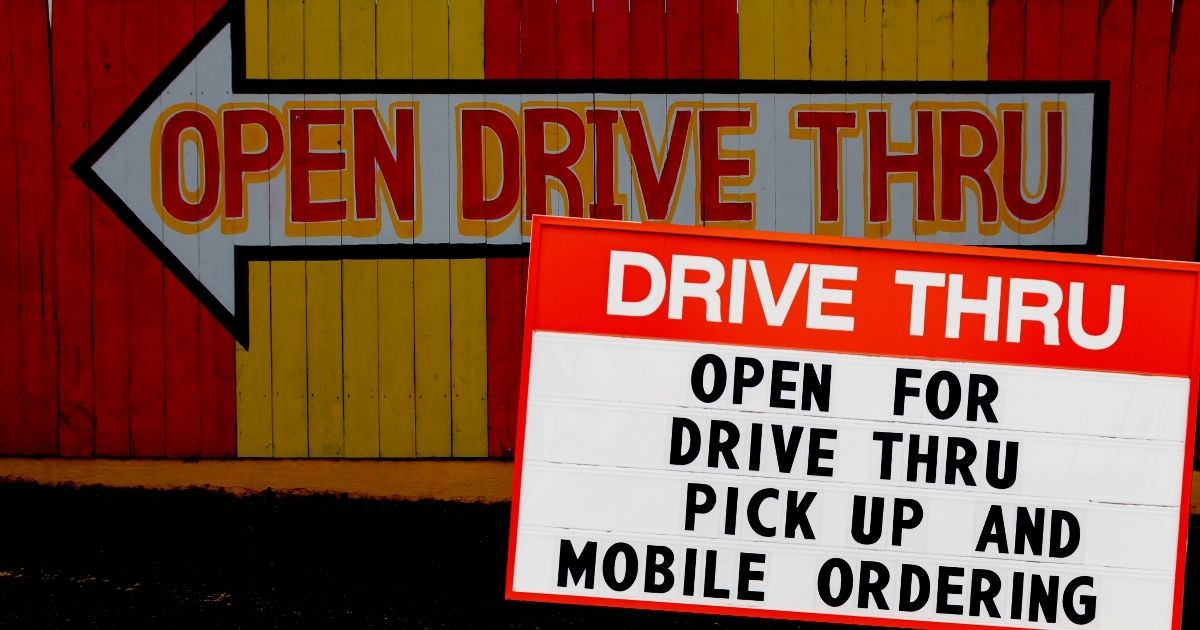The operation of drive-thru lanes at restaurants has become a critical component to business operations and revenue. Notably since the pandemic, businesses have seen increases in drive-thru traffic or have innovated to provide curbside delivery. According to market research by The NBD Group published in late 2020, drive-thru represents 43% share of site traffic, representing a 24% growth over the previous year.
Drive-Thru Stacking Requirements
For restaurants exploring the addition of drive-thru operations, it is important to note many municipalities have requirements for stacking spaces in drive-thru lanes. Stacking spaces are used to measure the capacity of a drive-thru lane to hold vehicles while transactions occur at drive-thru facilities.
As one example taken from the state of Colorado, one can see minimum stacking requirement in each county:
| Jurisdiction | Minimum Stacking Requirements (# of spaces) |
|---|---|
| Arapahoe County | 10 per window |
| Jefferson County | 6 (120 feet) per window w/ 80 feet between order box and pick-up window |
| Arvada | If shared pay/pick-up window: 6 behind menu board + 3 between menu and window. If separate pay and pick-up windows: 4 behind the menu + 3 to 1st window + 2 between windows. |
| Aurora | 7 |
| Lakewood | 4 |
| Thornton | 5 per 1-3 window(s) or station(s); 3 per 4+ windows or stations |
| Glendale | 8 from order box |
| Wheat Ridge | 6 behind the order box; 4 order box to pick up window |
On the other side of the country, the City of Virginia Beach requires developers to provide spaces for 10 vehicles in drive-thru queues, regardless of the type of commercial use, as can be seen in this document from the Hampton Roads Transportation Planning Organization.
If you need help understanding your stacking requirements or need a traffic letter or study for a proposed development, please reach out to us.

